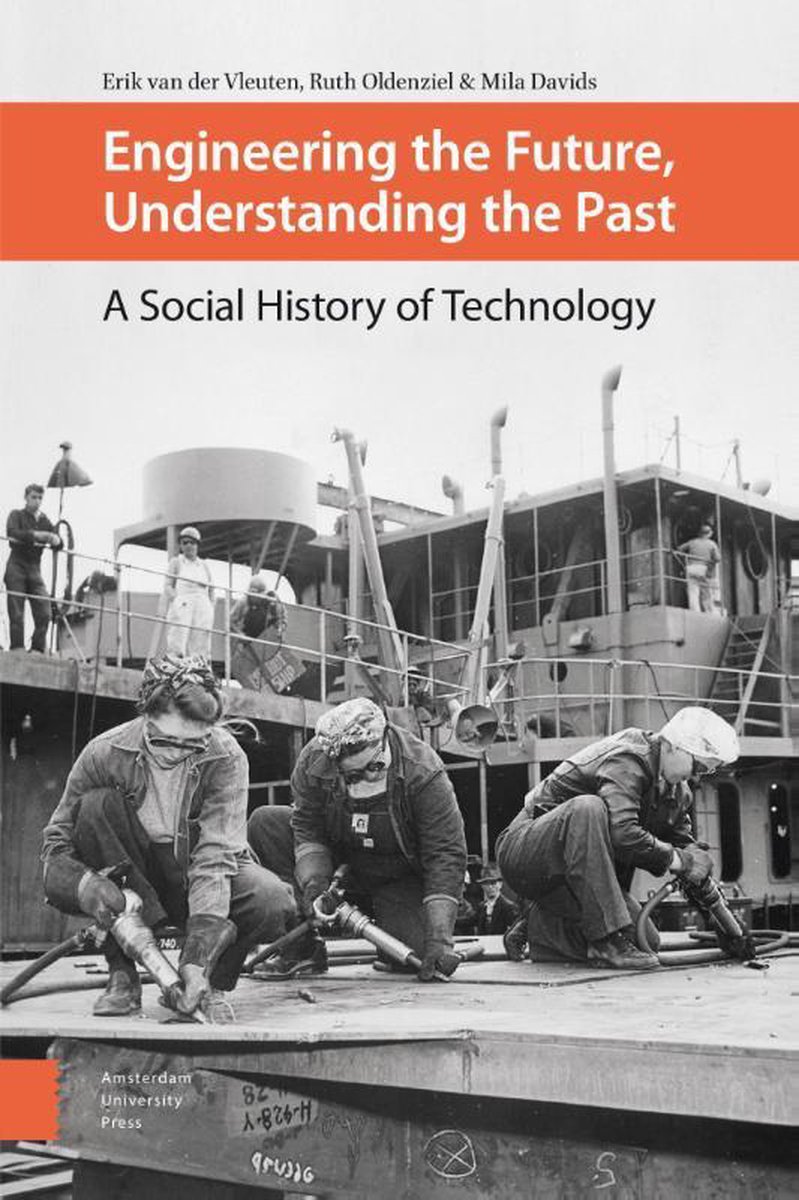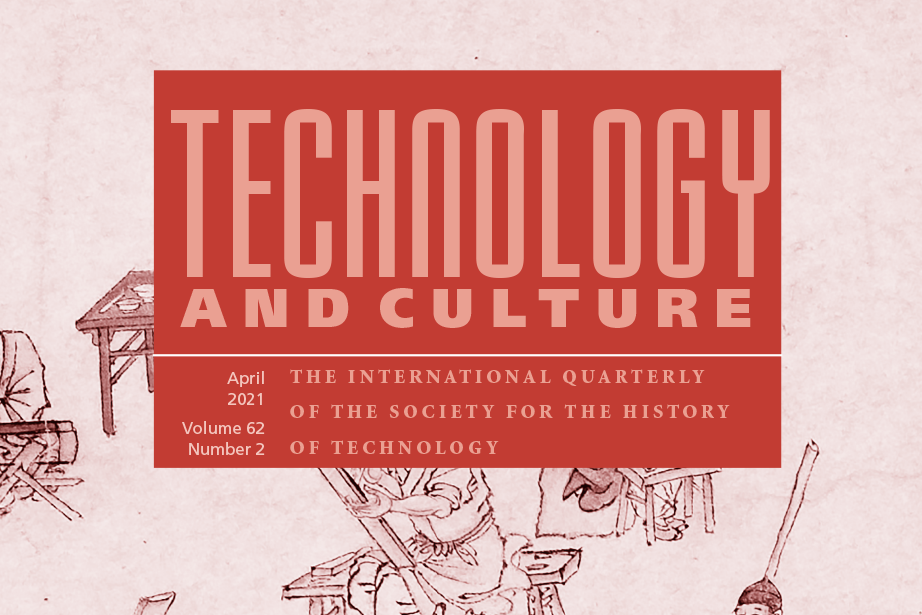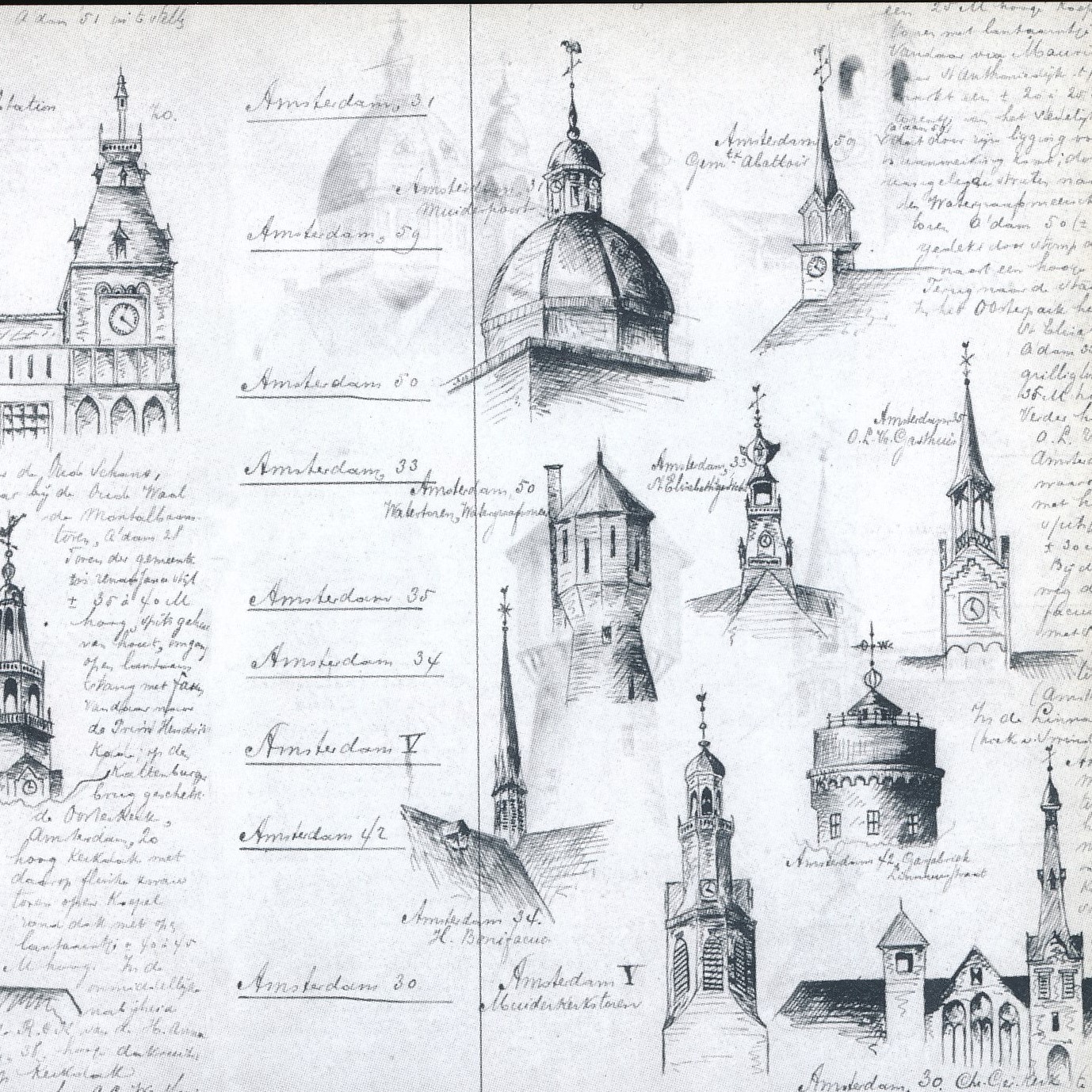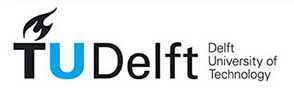SHT puts current transition processes in a long-term perspective and shows how present, past and future are intertwined.
The Netherlands faces major challenges. Many domains feel the need for a transition to more sustainability. SHT places current transition processes in a long-term perspective and looks at the role of science and technology in innovations. We show how choices from the past lead to the challenges of today and how possible solutions are rooted in them.
We offer policy makers, administrators and strategists in government, business and civil society organisations insights, tools and inspiration for their vision of, and their contributions to, a more sustainable society. We work with scientists from international universities, facilitate the scientific debate and participate in it.
SHT: Institute for Transition Studies
An initiative of the Foundation of the History of Technology
LATEST NEWS
Bicycle traffic in numbers
Cycling Cities shows the development of bicycle traffic over a long period of time.
Technology and Culture October 2020
We are proud to present the latest issue of Technology and Culture providing
NEXT EVENT
HISTORY OF TECHNOLOGY AT THE NEWS
A ‘tour’ of great significance
Exactly 220 years ago Cornelis Kraijenhoff did ‘a tour’, as he called it. He visited four churches in Willemstad, Dordrecht, Gorinchem, and Utrecht. Kraijenhoff climbed the church towers with a so-called rehearsal circle, a state-of-the-art measuring instrument at the time. From his tower he accurately measured the angle to two other towers. By repeating this process from different church towers, a net of triangles was created over the land and the distances between places could be calculated quite precisely. These triangulations thus formed the basis for accurate maps, which in turn formed the basis of numerous economic, water management, infrastructural and legal (land registry!) activities. He and his collaborators are taking an important step in the development of horizontal reference networks that underlie current GPS positioning techniques, auto navigation systems, Google Maps, and other means by which we search and define our place on Earth.
PROJECTS
ENERGY TRANSITION
Radioactive waste from a long-term perspective
Eric Berkers
SHT was asked by the Rathenau Institute in 2019 to study the history of dealing with, and decision-making about radioactive waste in the Netherlands since the Second World War. The Netherlands has been producing radioactive waste since the first experiments with atomic technology. With the commissioning of the nuclear power stations in Dodewaard (1969) and Borssele (1973), that amount (especially high-level waste) increased sharply. The question of what to do with it has been debated for decades. In 2011, the European Union imposed an obligation on all Member States to rush to present a plan for the final disposal of the radioactive waste produced and yet to be produced.
CYCLING CITIES
The Rotterdam Experience
Ruth Oldenziel e.a.
The postwar modernist urban plans sidelined the once huge numbers of cyclists, literally and figuratively. The planners who designed the Maas tunnel under the harbor’s shipping lane in the 1930s, found the bicycle-dedicated tube a waste of money because they believed cyclists would soon disappear from the streets. To their surprise, commuting cyclists still far outnumbered cars in 1950. Pictures of the streams of cyclists descending the world famous, uniquely designed bicycle-escalators in the tunnel have become iconic for Rotterdam, even Dutch, cycling culture. Cycling Cities: The Rotterdam Experience also shows how this most modernist and car-oriented Dutch city is dealing with policy and planning today as cycling has become an integral part of the life in modern cities.
CYCLING CITIES
The Johannesburg Experience
Njogu Morgan
Cycling Cities: The Johannesburg Experience brings this important and challenging history to a new public, and starts a dialogue between Johannesburg and the cycling histories of a growing number of cities worldwide. It provides a historical context for future discussions about cycling and shows the dynamics behind the governance of cycling in the past. The book tells the human story of how the mobility that bicycles afforded people of color, and particularly black working-class men, challenged Apartheid dreams of control. Njogu Morgan’s pioneering archival research has brought this very different Johannesburg to light – one where bicycle lanes crept along the Rand before the first motorway.
PUBLICATIONS
Engineers and societal challenges
1815-2015
Technology is often identified as both cause of, and solution to, social and ecological challenges. How can we use technology to solve problems, without creating new ones? This book discusses the role of engineering in our age of grand challenges—by drawing lessons from the past. It examines why and how engineers have engaged with such ‘grand challenges’ since the inception of modern engineering roughly two centuries ago. It asks why some technological solutions have unexpectedly created new problems.

PARTNERS
SHT is part of the Eindhoven History Lab and works closely with the TUe/Department of Industrial Engineering & Innovation Sciences and the TUe/School of Innovation Sciences: Technology, Innovation & Society (TIS). The activities of SHT are made possible by the technical universities in the Netherlands that work together in 4TU.








